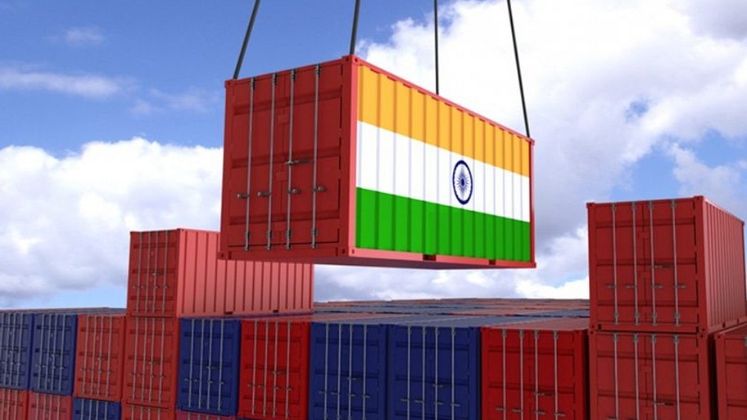INDIA TEXTILE SECTOR EXPORTS $100 BILLION 2030 CTA APPARELS FREE TRADE AGREEMENTS FTAS UAE AUSTRALIA UNITED KINGDOM ZERO-DUTY ACCESS APPAREL MARKET INDIA–US FTA DR. MUKESH KANSAL SMART MANUFACTURING COMPLIANCE DIGITIZATION TRACEABILITY NATIONAL
NEW DELHI, INDIA
By IFAB MEDIA - NEWS BUREAU - July 29, 2025 | 377 3 minutes read
As India sets its sights on USD 100 billion in textile and apparel exports by 2030, CTA Apparels, one of the country’s leading vertically integrated apparel manufacturers, is urging the industry to strategically monetize Free Trade Agreements (FTAs) to achieve this ambitious goal.
India has already secured landmark FTAs with the UAE, Australia, and most recently, the United Kingdom, enabling zero-duty access to markets that collectively import over USD 150 billion in apparel annually. The anticipated India–US FTA, currently under advanced negotiation, could further unlock the world’s largest apparel market, valued at over USD 110 billion, giving Indian exporters a vital competitive edge.
“FTAs are not just about reduced tariffs — they’re a gateway to repositioning India as a global apparel powerhouse,” said Dr. Mukesh Kansal, Chairman, CTA Apparels.
“At CTA, we are investing in smart manufacturing, compliance digitization, and traceability platforms to fully capitalize on FTA-linked opportunities and meet international sustainability expectations.”
To operationalize this FTA momentum, Dr. Kansal recommends a four-pronged strategy:
• Dedicated FTA Helpdesks: Establish support cells for exporters, especially MSMEs, to navigate compliance and documentation.
• FTA-Focused Trade Missions: Conduct targeted roadshows and buyer-seller meets in the UK, EU, and US markets.
• ‘Brand India Textiles’ Platform: Launch a unified digital portal showcasing certified and compliant Indian manufacturers.
• Performance-Linked Export Incentives: Offer incentives tied to growth in FTA-enabled markets, to reward high-impact players.
With the UK FTA now operational and the US pact potentially imminent, India’s textile sector must act with urgency and precision to capture market share, boost value-added exports, and reposition itself favorably in global supply chains.











